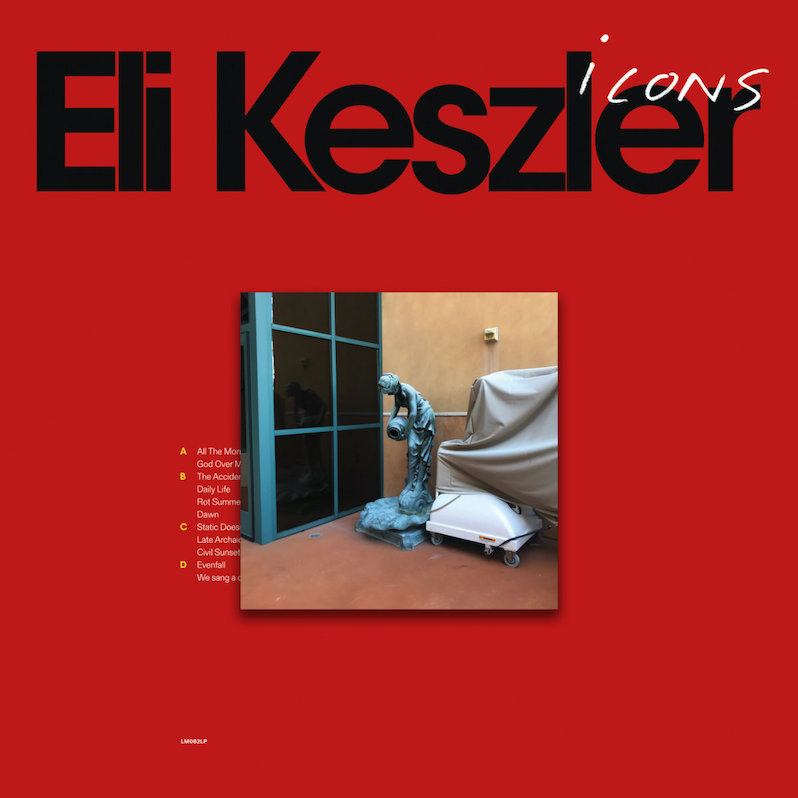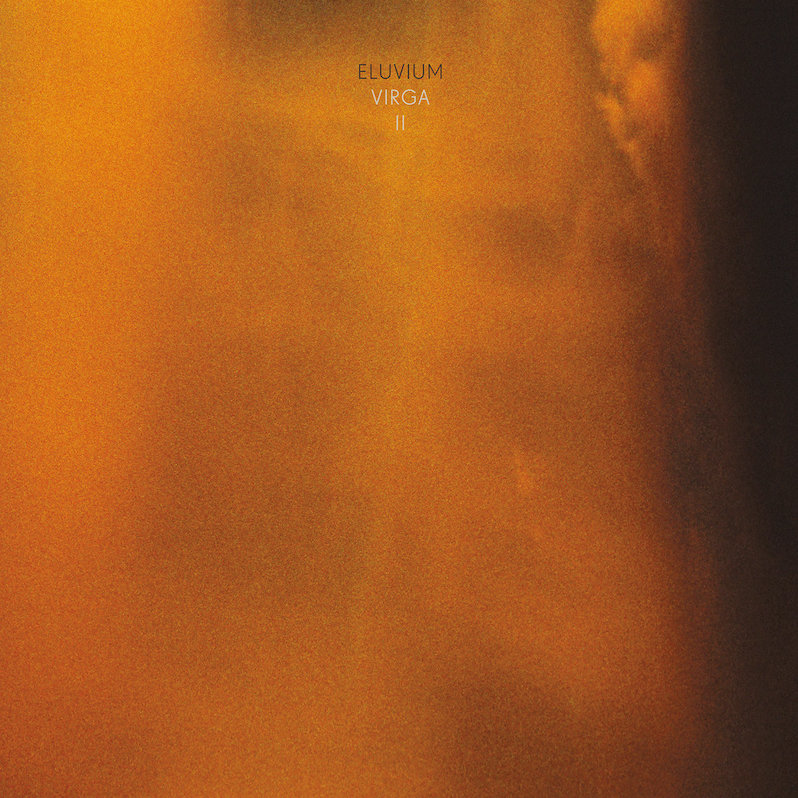Bendik Giske : Cracks

Given their devout similarities, it is not uncommon to hear certain people refer to Bendik Giske in the same breath as Colin Stetson. Both play a similar kind of meditative form of saxophone, using contact mics across the body of the player as well as the horn and a mic near the lips to capture the rapturous physicality of the saxophone ensnared in circular breathing. There are a few necessary defining features however. First, Stetson himself seems content these days doing commissions for film soundtracks and scores, literalizing what before were subliminal images captured in his music. This frees up the space for new devoted sound recordings for another practitioner of the style such as Giske. Second, Giske has always been keen to keep the physicality of his playing and his body rooted explicitly within his identity as a gay man, using the keenness of the politicized body to parallel in his music that sense of hyperawareness of the body. It is not that aesthetic or artistic developments must always have an obvious and explicit meaning to be, well, meaningful, but it certainly differentiates Giske’s work from Stetson’s to have such a clear interest in development in his work.
Cracks is Giske’s second solo record, with the space between this and debut Surrender marked by a number of collaborations and experiments. Surrender was a song cycle largely focused on the joys and physicalities of sex, with its track titles and general sonics painted a clear picture of the entire span of the act of penetrative gay coitus. Cracks takes an inverted approach; if Surrender marked the galactic center in certain ways of queerness, that of queer sex, then Cracks is everything that surrounds that center. As a result, the camera seems to swing gently but much more cinematically across the plane on this record, with the mix privileging the opening of the horn to capture the music proper in one moment before cutting to the dryness of his body the next before swinging wildly to ambient room mics, rendering the sound proper a distant rattle and hum. The titles here likewise paint a more abstract picture, with pieces like “Void” and “Flutter” being more evocative and less explicit, while “Cruising” is certainly explicitly tied to queerness albeit a more social and less exclusively physical element of it.
“Matter,” the lengthy album closer, becomes the most curious addition to the record; it is the third part of a roughly 20-minute solo composition that is now remarkably difficult to find, and it’s trimming here makes little immediate sense given that the full version would still have the record clock in at under 50 minutes. The intent seems to be to keep Cracks to roughly the same limits as both “Matter” as a full piece as well as the collaborative suite he recorded with Pavel Milyakov, which itself hovers around 25 minutes. There is perhaps a desire to not overload a potential listener with heaps upon heaps of this stuff, and I’m sympathetic to that, but given the relative niche of this kind of material anyway, I’m not sure it would have hurt things much to include the full version, especially given its current scarcity. Still, criticism doesn’t mean I get to invent a new record that doesn’t exist and compare the one that does to that one so in that spirit consider this train of thought moot especially in light of how consonantly sequenced and potent the final record is.
The blurring abstraction here feels more at home with his work on Caterina Barbieri’s Fantas Variations, seeking less the dryness and body of contemporary Nordic jazz but instead the contemporary classical sense of color and evocation. There is no doubt that Giske is a capable player and, given the bio-political and deeply sexual relations of his music, there is a tremendous amount to explore. But that lingering sense of familiarity can sometimes nag at the back of the head, especially given that often his compositions err away from explicit melodicism or strong rhythmic hooks. It is in this sentiment that the more arranged and expressive contemporary classical methodology, leaning heavily on production work and synthesizer additions as much as his own virtuosic sax playing, feels like the most exciting frontier for his work to discover. One hopes that Cracks is the first step toward a new direction for Giske.
Label: Smalltown Supersound
Year: 2021
Similar Albums:
Langdon Hickman is listening to progressive rock and death metal. He currently resides in Virginia with his partner and their two pets.




